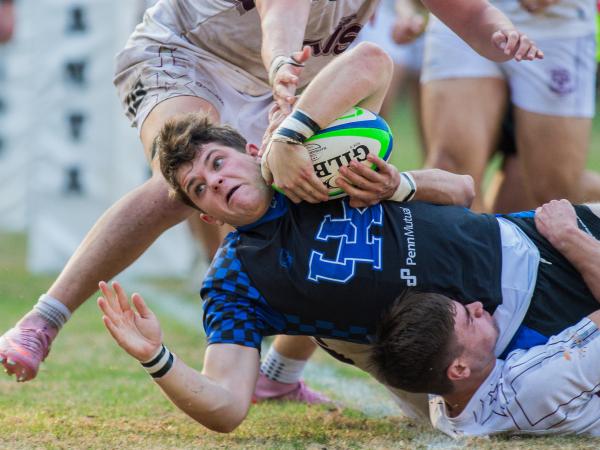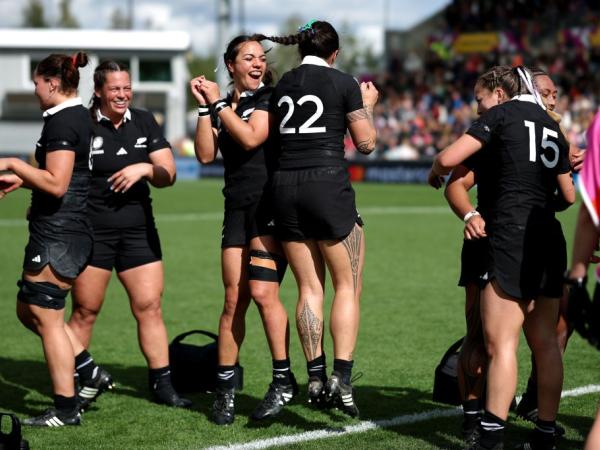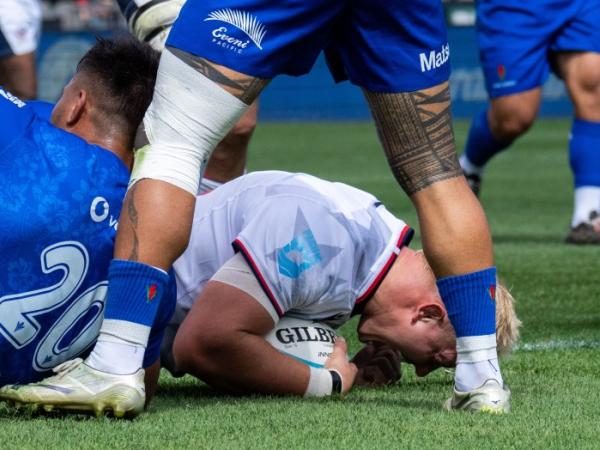Now look at American college sports. There’s hypocrisy and shenanigans in there, too, and has been for years. Players have been paid to shave points in basketball games. Boosters have bought gifts for players, or just flat given them money.
That’s all regarding international sports; what about the USA? College sports in the USA is different from most college sports around the world, in that there’s a lot less mixing of college and pro teams, and colleges, and especially the NCAA, have worked hard to create a protective amateur shell around college sports.
But that shell has changed and evolved.
It used to be that college athletes also got jobs on campus to help with day-to-day expenses. (In his book The Umpire Strikes Back, former baseball umpire Ron Luciano gives a hilarious account of how, when he played football at Syracuse, he had a job guarding a bench that weighed probably two tons, and was chained to the ground.
Such jobs, the NCAA eventually ruled, were open to abuse, and so athletes were prevented from having jobs. Let me repeat that … if you were a DI athlete before 2007, you couldn’t hold a job. So poor kids who would never be able to afford school were it not for an athletic scholarship, now were unable to earn a few extra bucks to take a date to a movie or go to a concert or buy gas.
Obviously that stupid rule opened up the door for more nefarious activities - boosters came in to help out those kids, who were now looking for a way to have some money in their pockets.
In 2007 the NCAA reversed course, allowing jobs but adding some extra rules (the job had to be a real job and the athlete had to show up for it). In addition, the NCAA allowed athletes to be paid for providing lessons in their sport - like a rugby player being paid to participate at a kids’ skills camp.
Of course it’s ridiculous to manage a student-athlete’s income like that. A student in any other field can get paid during the school year or during the summer. I myself got paid to work newspaper jobs during college - that didn’t affect my eligibility to continue my studies.
Former Northwestern football player and Sports Illustrated writer Rick Telander addressed some of the weirdness of college scholarship sports (through football) in his excellent book, The Hundred Yard Lie.
The Hundred Yard Lie: The Corruption of College Football and What We Can Do to Stop It
It’s a great book, and holds up despite being over 20 years old. And in it Telander points out that a college athlete, once he or she gets a scholarship, is a pro. You get something of value. In addition, he posits that amateur sports were created to keep out undesirables (poor people), not for some nobler thought that the competition alone is reward enough.
So it’s not so simple, professional or amateur.
- According to the Olympic rules of 1896-1988, if you were paid to play any sport, even if it wasn’t an Olympic sport, you were a professional, and therefore banned from competing.
- But, you could get a cushy non-job from your government and train all day and that would be fine.
- According to world rugby union standards of 1871-1995, you could be paid to play any sport other than rugby union or rugby league, and remain an amateur rugby player. But if you were paid to play rugby, or paid for some things related to your rugby celebrity, you were a pro, and banned.
- And the NCAA has vacillated - allowing on-campus jobs, then banning jobs, then allowing them again, and even explored the idea of allowing a stipend over and above a scholarship (an idea that was shut down by the courts).
So all of that is a lengthy pre-amble to the issue of what we do about college rugby players who are paid to play rugby. Currently USA Rugby has had a couple of rules in place for some time:
1) if you get a per diem when playing with a national team, that is designed to defray expenses, and so a college player can accept the per diem without making the college player a professional. This is in line with the NCAA rules, which basically waive compensation and association-with-professionals rules for national teams;
2) if your team, any team, wins prize money at a tournament, and the player gets a piece of that prize money, it, too, is seen to be a defraying of expenses;
3) a player who is paid as part of an academy system - even if he’s brought up to the senior team once in a while - while in school is seen to be getting tuition money while learning the game, which is like a college scholarship.
That last one is a tricky one in that it’s not really an academic process at all. Players are in a rugby academy, and if they just happen to be in school at the same time, the academy payments are ruled to be toward books and tuition. For a non-student the money could all be going to energy drinks and Netflix.
It’s also where the biggest complaints about overseas college players comes from. We’re asking for proof that a player was in school while being paid in an academy setting. Sometimes that player gets called up to the senior team to fill in for an injury - does that ruin his college eligibility? USA Rugby says no, but anything like that opens up the door for scrutiny.
Further to this, what about college players playing in PRO Rugby North America? Should players be deemed ineligible if they suit up for a PRO team? USA Rugby is looking at a way to make playing for a PRO team something like playing in an academy setting. You can’t play for the PRO team until your college season is over, and maybe there’s a limit on pay level (PRO has several tiers of contracts, starting with simple match fees).
PRO Rugby NA should, in fact, have a role in developing young players, and coaches we’ve spoken to think that’s a huge benefit of the league. But that doesn’t mean it’s OK to pay players.
As far as the NCAA is concerned, what USA Rugby says is OK wouldn’t fly.



























































